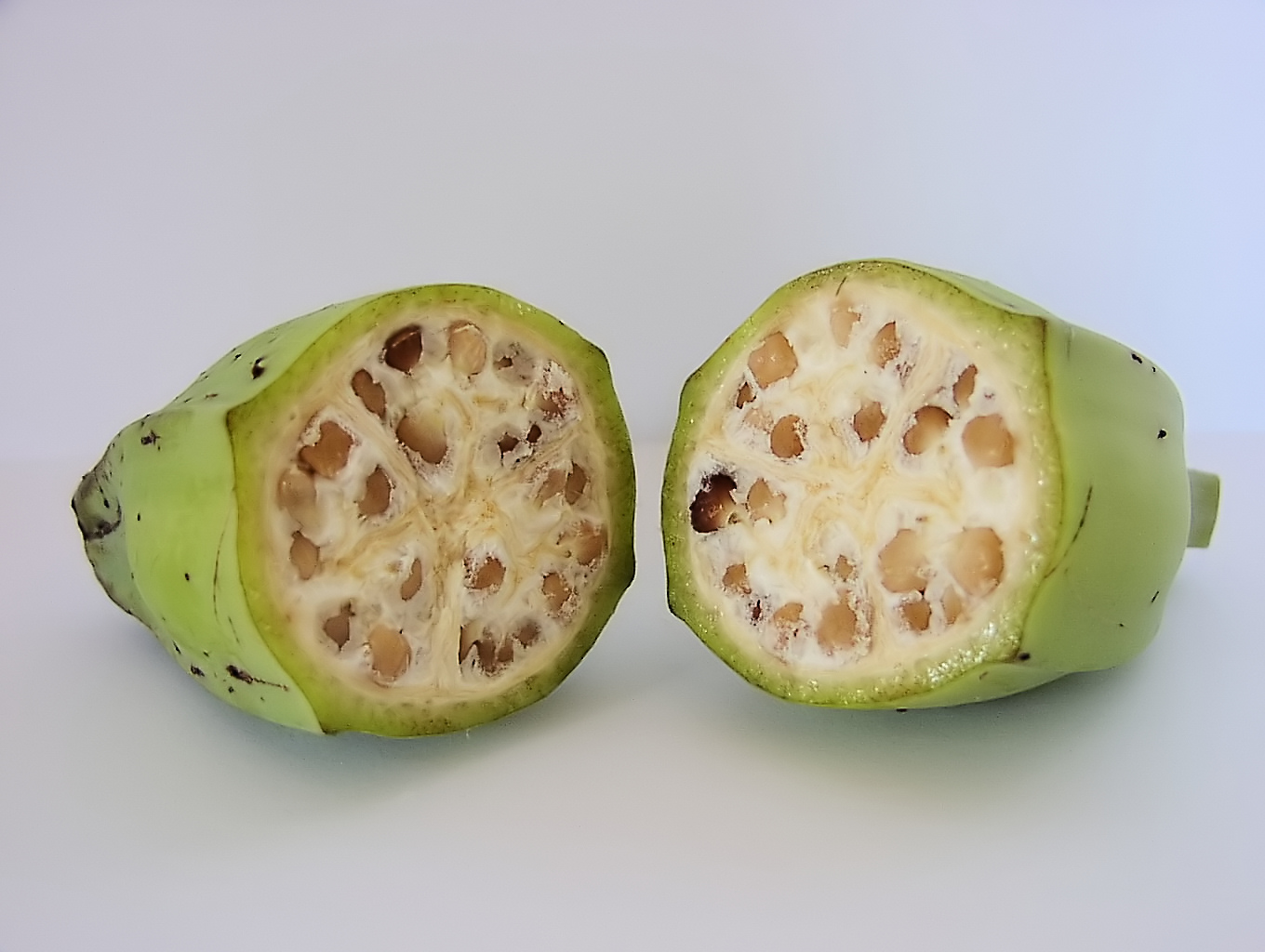I started out reading (about) 'The System of Objects' , my stand on OOP (against) notwithstanding. I noticed that the content was more arcane than usual ; I am used to going through multiple steps to 'get' a point being made, but in this case, the point never arrived.
Only later did I realise that this system of objects was not like that system of objects, like the one I had in mind - such as the one written by Luca Cardelli, who is neither a chocolate ( blue ones have salt) nor a female who played Velma, but is(was?) a computer scientist in the employ of Microsoft (when he wrote about Object Calculi )
As per the writer, things are, then man makes copies of them, which function well as proxies, then later the deluge of kitsch replace the reality, then we end up with William Gibson sitting in the back of a limo saying "We live in a mediated world".
I always thought Gibson was talking while standing on the shoulders of McLuhan(s).
Mouse : Do you know what it really reminds me of? Tasty Wheat. Did you ever eat Tasty Wheat? Switch : No, but technically, neither did you.
--- The Matrix (1. there's only 1 Matrix. there are no sequels, there are two other movies that share the name but are in no way related)
Mouse is talking about the taste of 'Tasty Wheat' and how no one has ever eaten some. Coz the matrix, of course. But are there real world parallels ?
Of course .
If you talk to older folk, like my grand parents, they'll tell you that the rice we eat tastes nothing like the rice we used to get ,that was real tasty etc etc. Modern day rice looks and tastes like plastic etc etc
A few hundred years of human breeding has 'taught' rice to grow up and out in three months, and not fall prey to a host of diseases and pests, and most importantly , be discoverable in a corporate's labs as well as lend itself to documentation.
Funny how the destiny of a plant is tied to its compatibility to an offshoot of Gutenberg's invention.
Of course, bananas looked like this without human intervention
attribution : Warut Roonguthai / CC BY-SA (https://creativecommons.org/licenses/by-sa/3.0)


0 Comments:
Post a Comment
<< Home